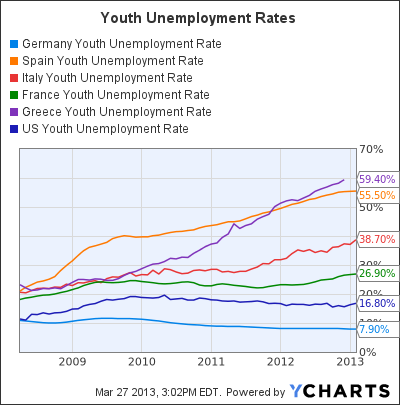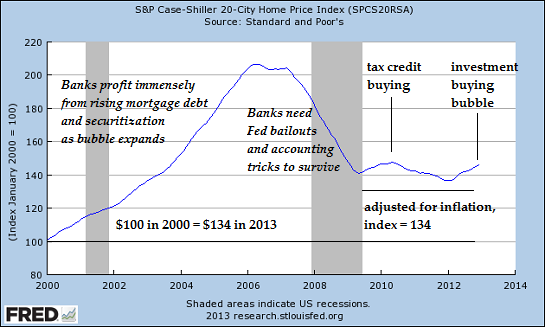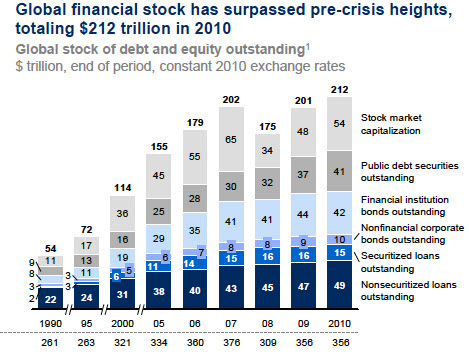One thing I’d like to emphasize is the importance of the rule of law. It is one of the key foundations of a democracy. Moreover, the wealth creating activities involves not only skilled labor and technology but the rule of law.
From Zero Hedge:
A few days ago, when news hit that Cyprus has begun investigating who the people were who had managed to pull cash out of nation's insolvent banks, both during the capital control "blackout" period and previously, we asked "how much longer will the rule of law remain in Cyprus once full blown class warfare is unleashed, and the 99% are generously handed the list of the 1% who were "informed" enough to pull their money from the flaming sovereign equivalent of Bernie Madoff, while every other uninsured depositor is facing losses of up to 80%, and soon 100%?" We may get the answer much sooner than expected, as the first iteration of this list: one naming the beneficiaries of millions of loans written off by the now insolvent Cyprus banks and therefore indirectly responsible for the "impairment" of the banks' depositors, was released yesterday by Greece's daily Ethnos newspaper. But what virtually assures substantial political fallout is that among the people listed is Cyprus' former president, George Vassiliou.
And so on. What the common theme here is that the very same Members of Parliament who were so vocal in rejecting the insured depositors' impairment just to save their skins from a public mutiny (but so quick to sacrifice the wealthier citizens and small and medium corporations to a haircut that may be as deposit large as 100%), did everything in their power to avoid a vote on the final bank "resolution" which effectively handed over the country's sovereignty into the hands of the Troika and its liquidators, but not before they themselves were among the key beneficiaries of the impairments on the banking system's asset side.
It is these bad assets and impaired losses, as well as investing money in Greek bonds, and other worthless "assets", that ultimately ended up forcing the restructuring of the bank and the cram up of the liability side up to and including the unsecured loans known as deposits.
Perhaps if the Cypriot public wants to find a scapegoat to its troubles, it should focus its anger not only at the Russian Oligarchs and the Troika, but to those who were most complicit in betraying the public's trust: the same politicians who were elected to protect their citizens and the country's constitution (flagrantly abused as per yesterday's revelations), including the very president of the nation. That is, of course, if the local apathetic population has not been zombified too much to even care about why billions in wealth was just confiscated from it. Because if that is indeed the case, they, and everyone else who just sits idly by and does nothing as the global banking syndicate appropriates ever more middle-class wealth, deserves everything coming their way.
http://www.zerohedge.com/news/2013-03-30/political-fallout-begins-former-cyprus-president-named-loan-write-offs-leading-banki



















 남상호 한국보건사회연구원 연구위원이 2013
남상호 한국보건사회연구원 연구위원이 2013